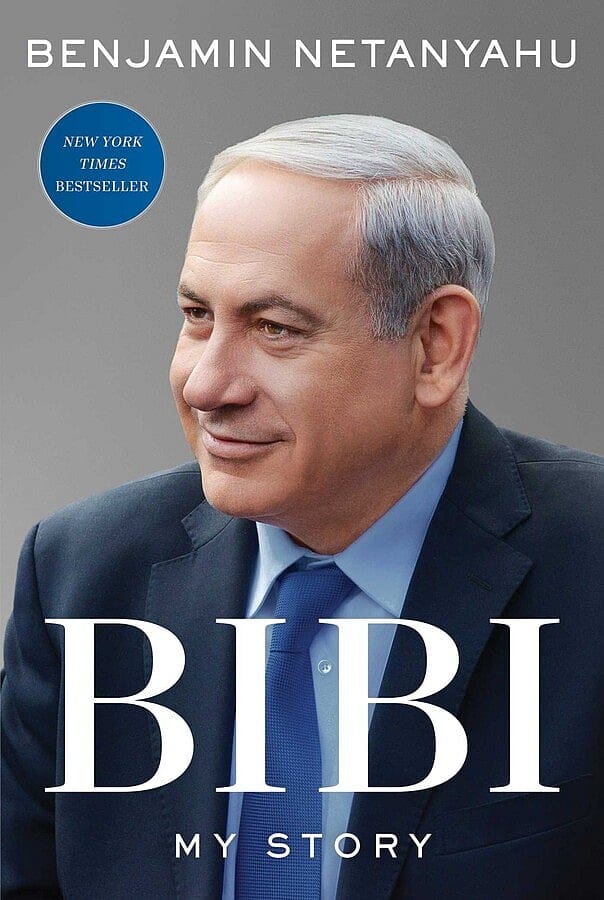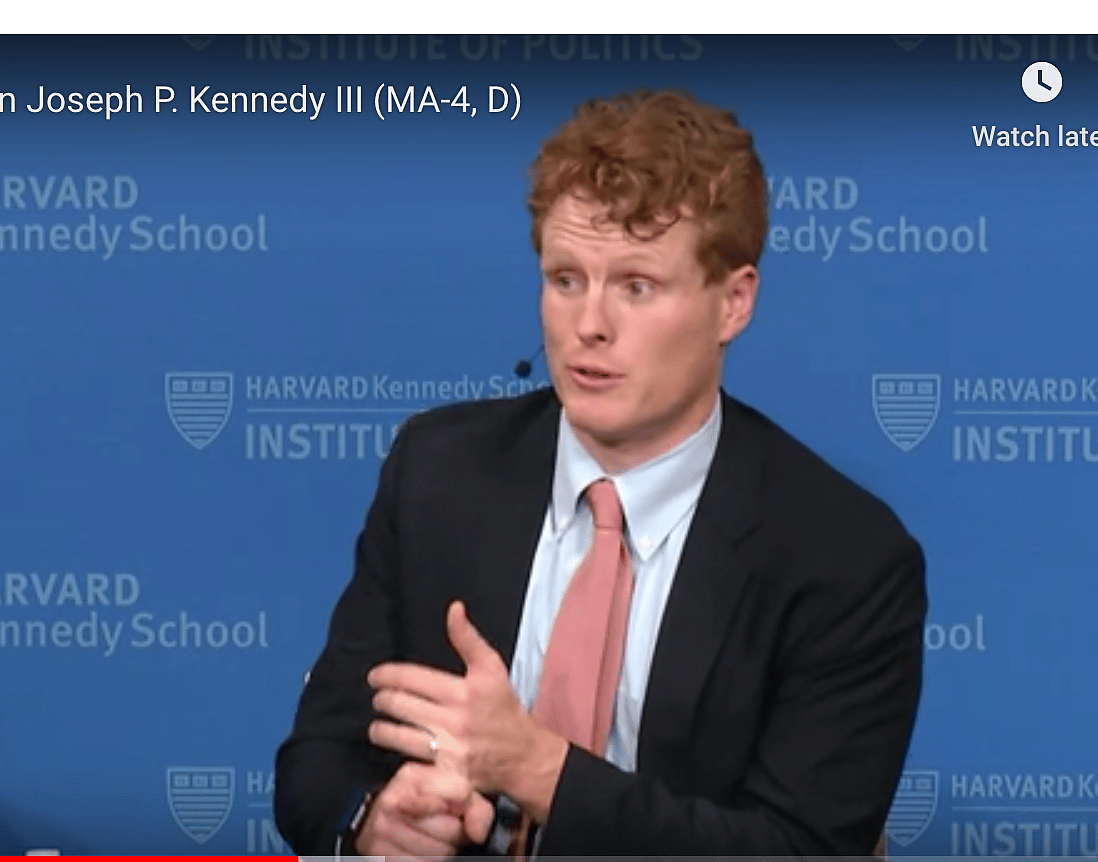The Man Who Embodies Israel: Book Review of Bibi: My Story

Bibi: My Story
by Benjamin Netanyahu
Simon & Schuster
October 2022
753 pages
Bibi is the autobiography of Benjamin Netanyahu. And Bibi is the story of a remarkable man – a combat veteran, businessman, diplomat, politician, author, and finance minister as well as three-time prime minister of Israel. In fact, he is the current prime minister of Israel and is the prime minister with the longest tenure in Israeli history. Few leaders in the past century have been such formative figures in the development and leadership of their country.

